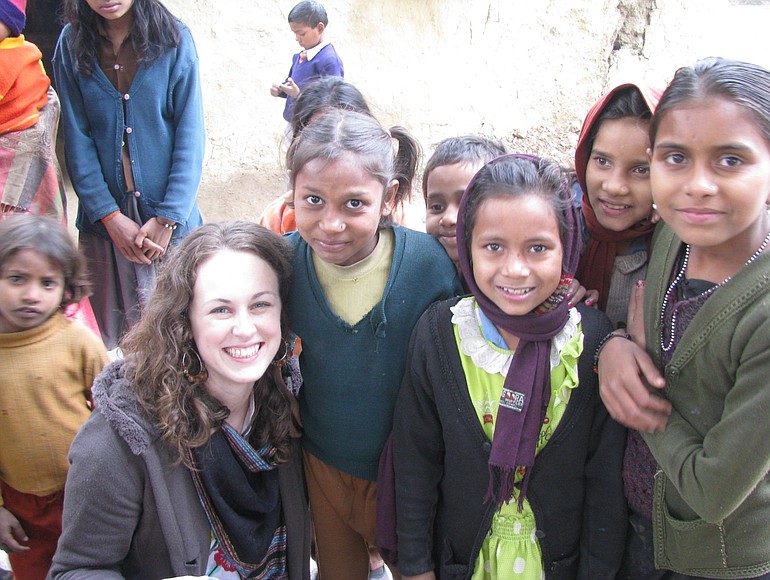Almost seven years ago, I was sitting in my living room with several close friends answering the question, “If you had limitless resources, what would you do?” Answers ranged from realistic to ridiculous.
“I would set up a nice spa in a Third World country for oppressed and poor women,” I said. I was sort of kidding. But only sort of. I was picturing women from the Democratic Republic of Congo, Rwanda, Sudan and Afghanistan emerging from oppression and entering spiritual revival to the tune of massage and exfoliation in cozy white robes.
Well, almost three months ago, I sat in a remote village in northern India where I was volunteering with four other women my age. We were brought there by Resonate Church, based at Washington State University in Pullman. We worked with some friends of ours in a city called Lucknow who requested that we come and “pamper” women in villages on the outskirts of the city. Lucknow is located in Uttar Pradesh, India’s most populous state.
My four travel companions and I thoroughly enjoyed our two-week trip to India. We saw the Taj Mahal, traveled by train, explored, made lots of new friends and went shopping in several of the markets. The smell of curry, cooking oil, cow manure and exhaust, along with the sights and sounds of bicycle rickshaws, taxis, Hindu and Islamic worship, foggy gray skies, blaring horns from some of the most chaotic driving I’ve ever seen, and vividly colorful clothing all combined to assault my senses in an unforgettable way. Despite occasional unpleasantries and scenes of horrifying poverty, I loved being there.



